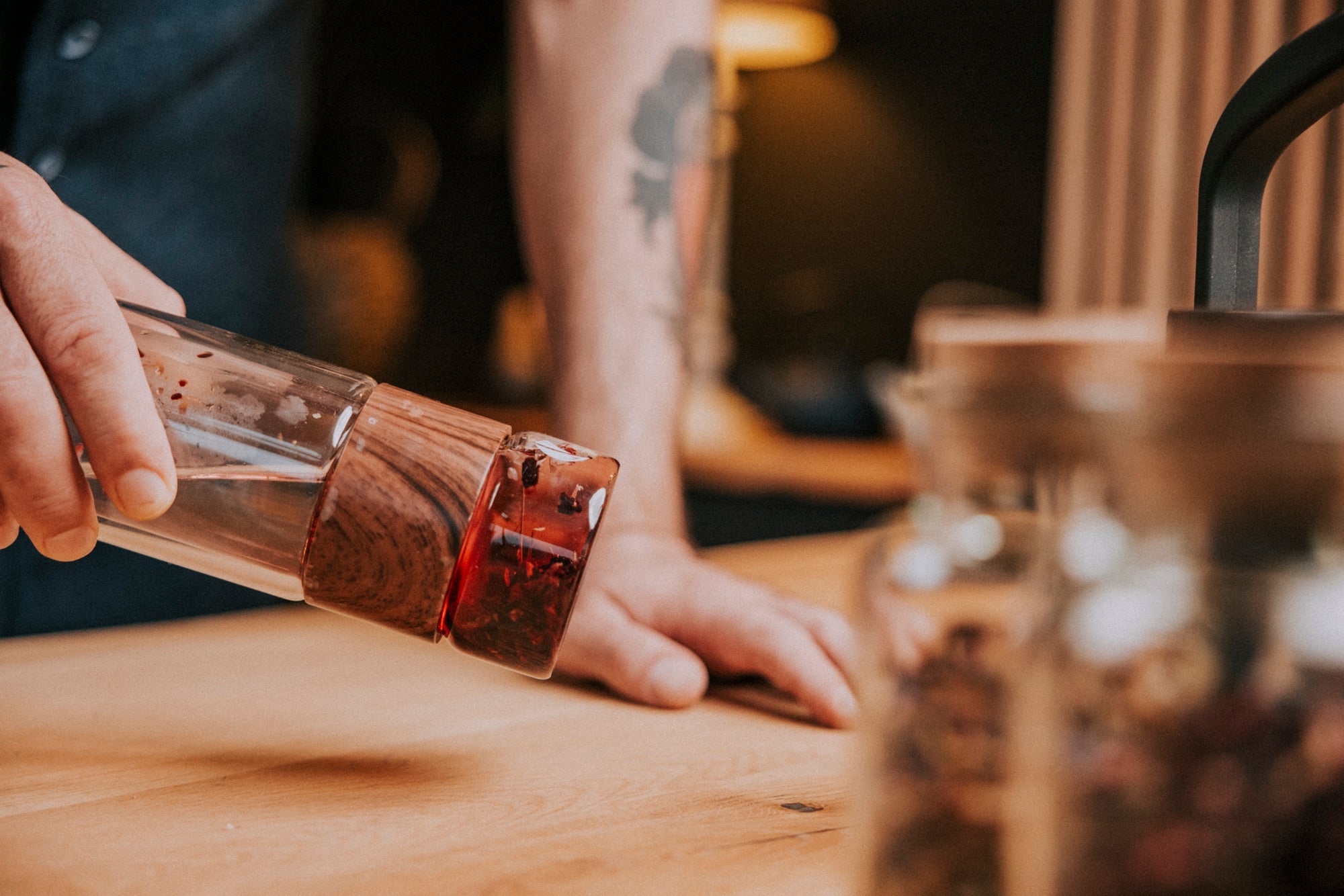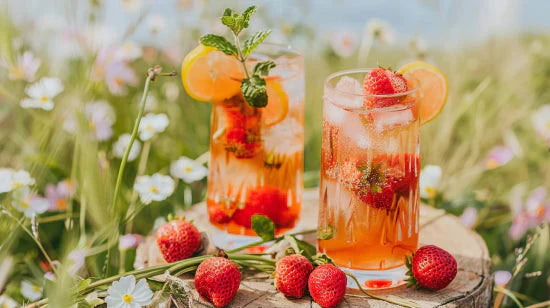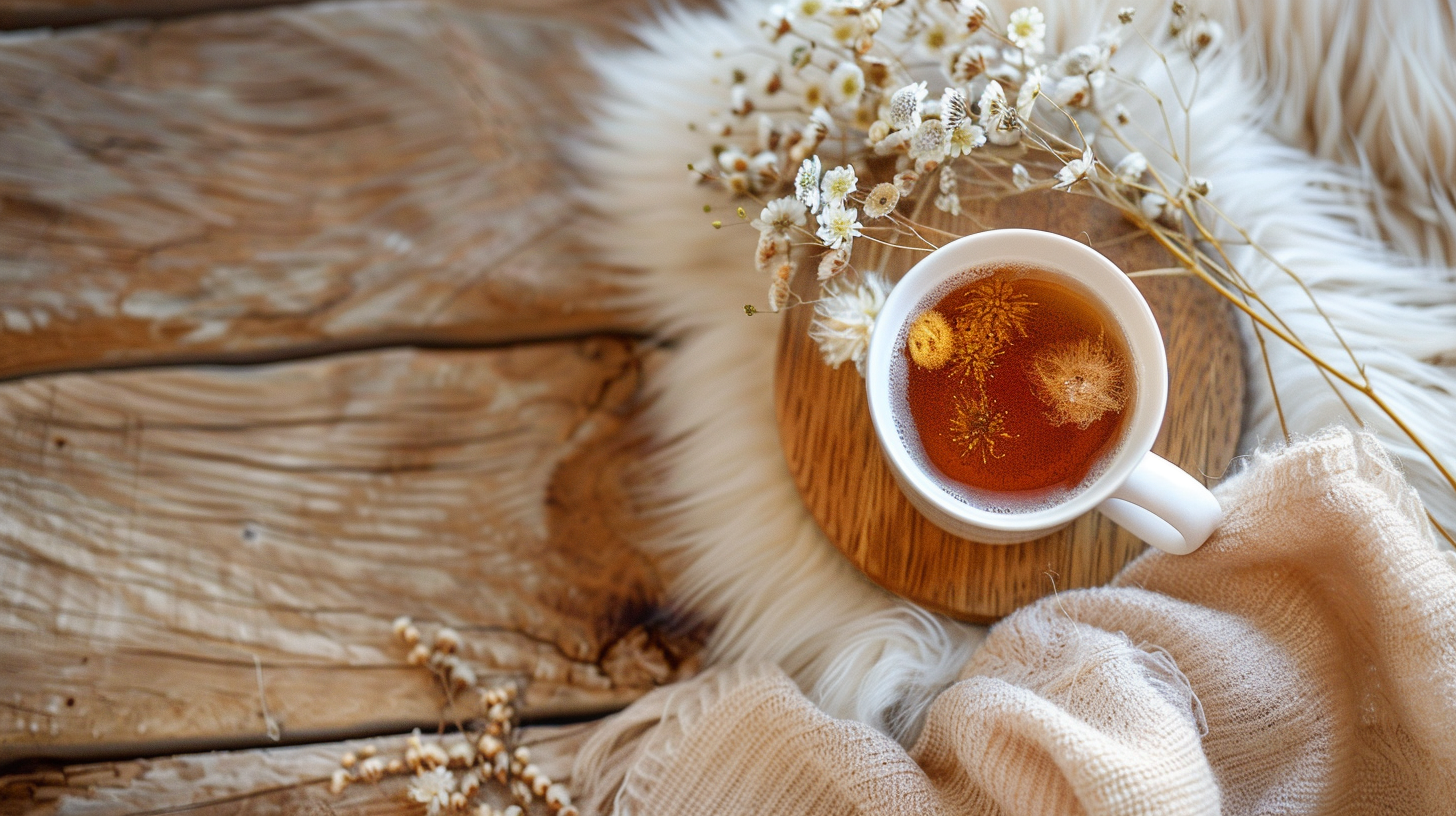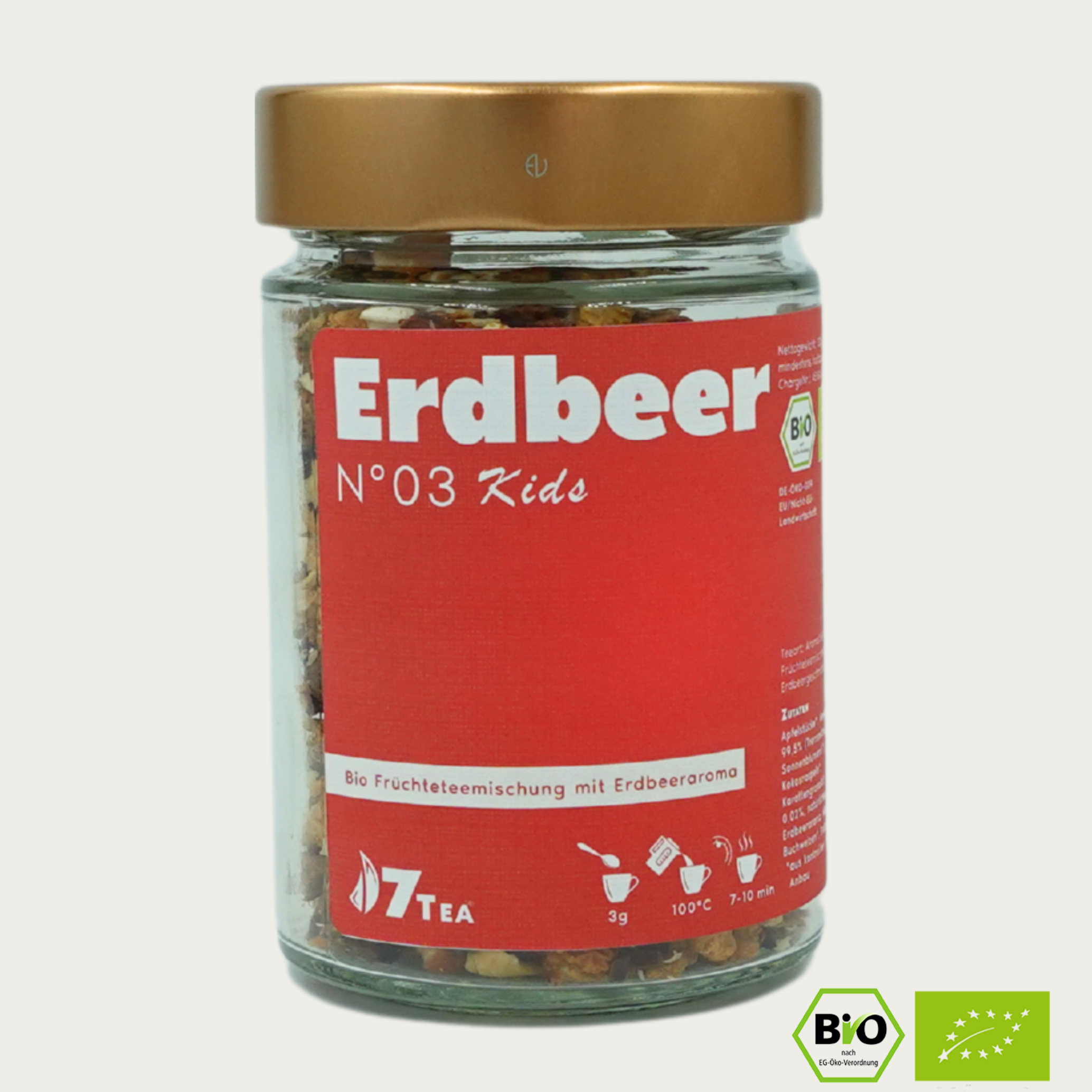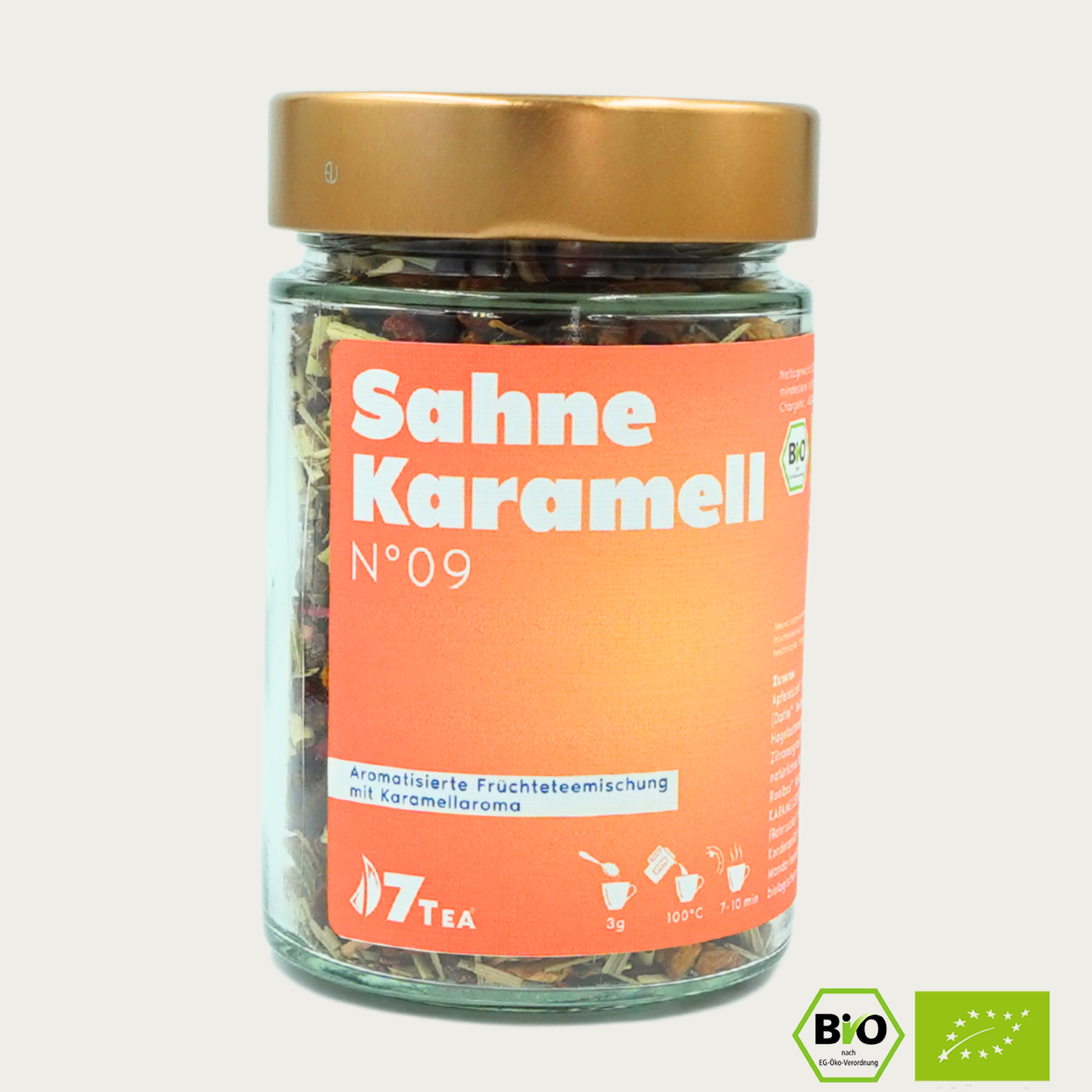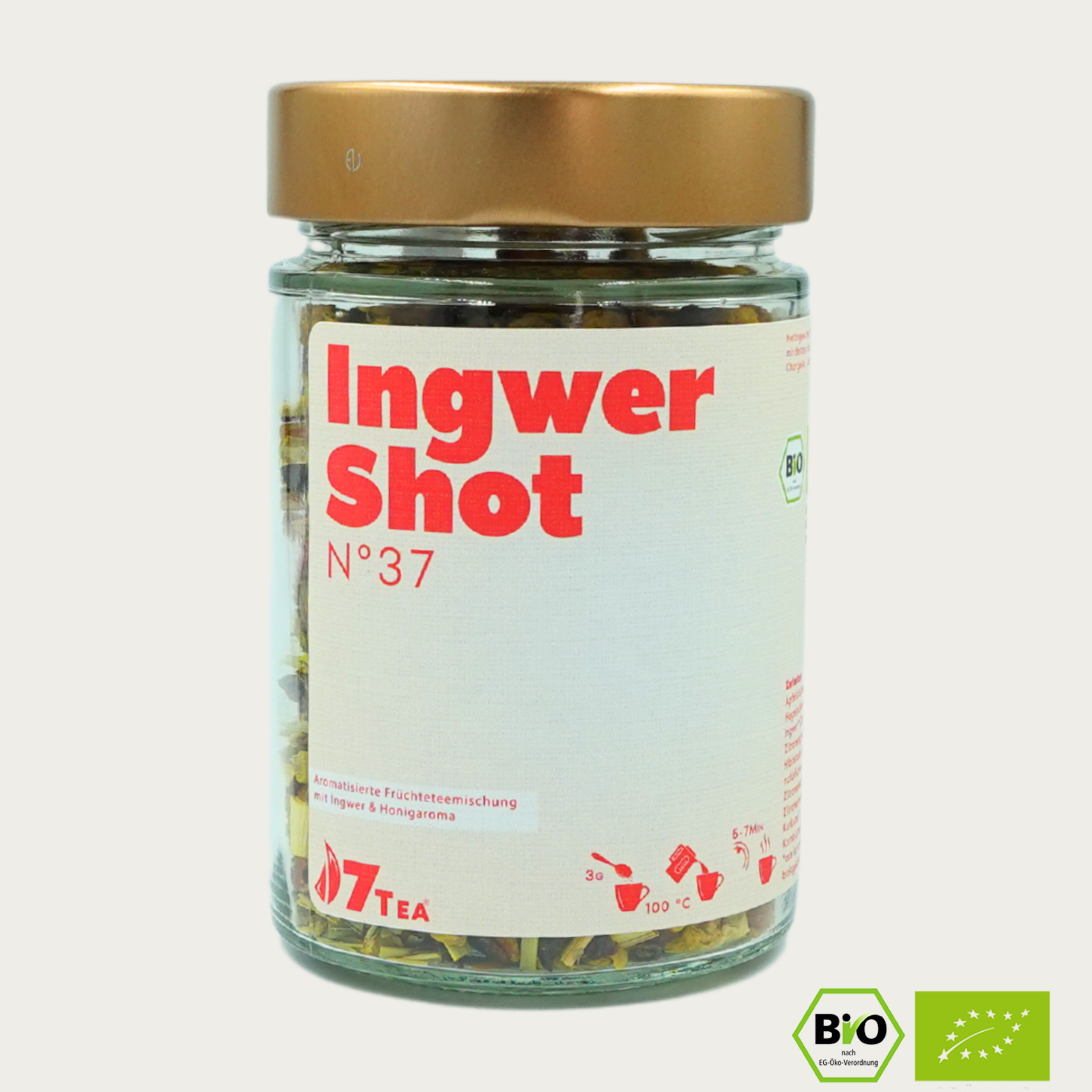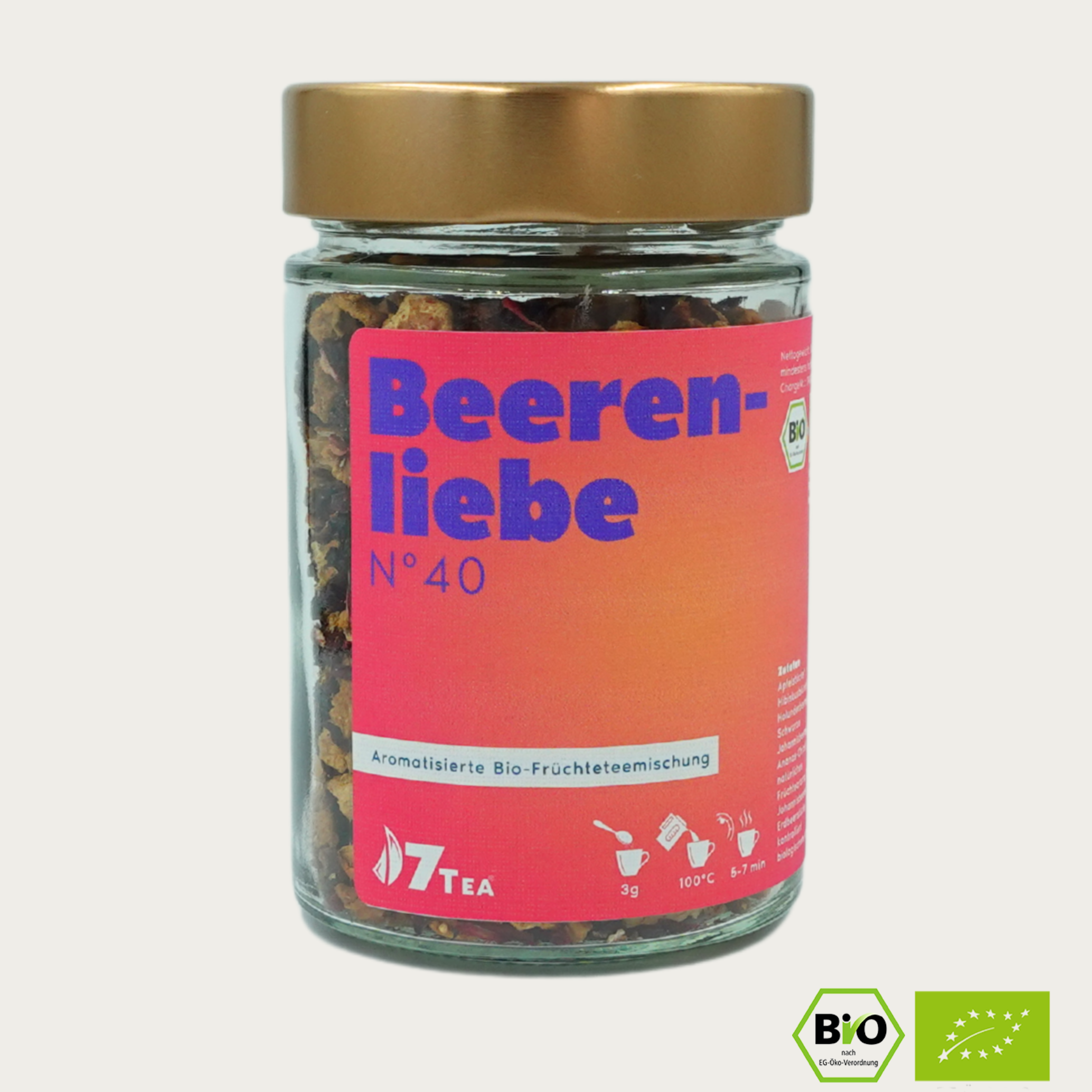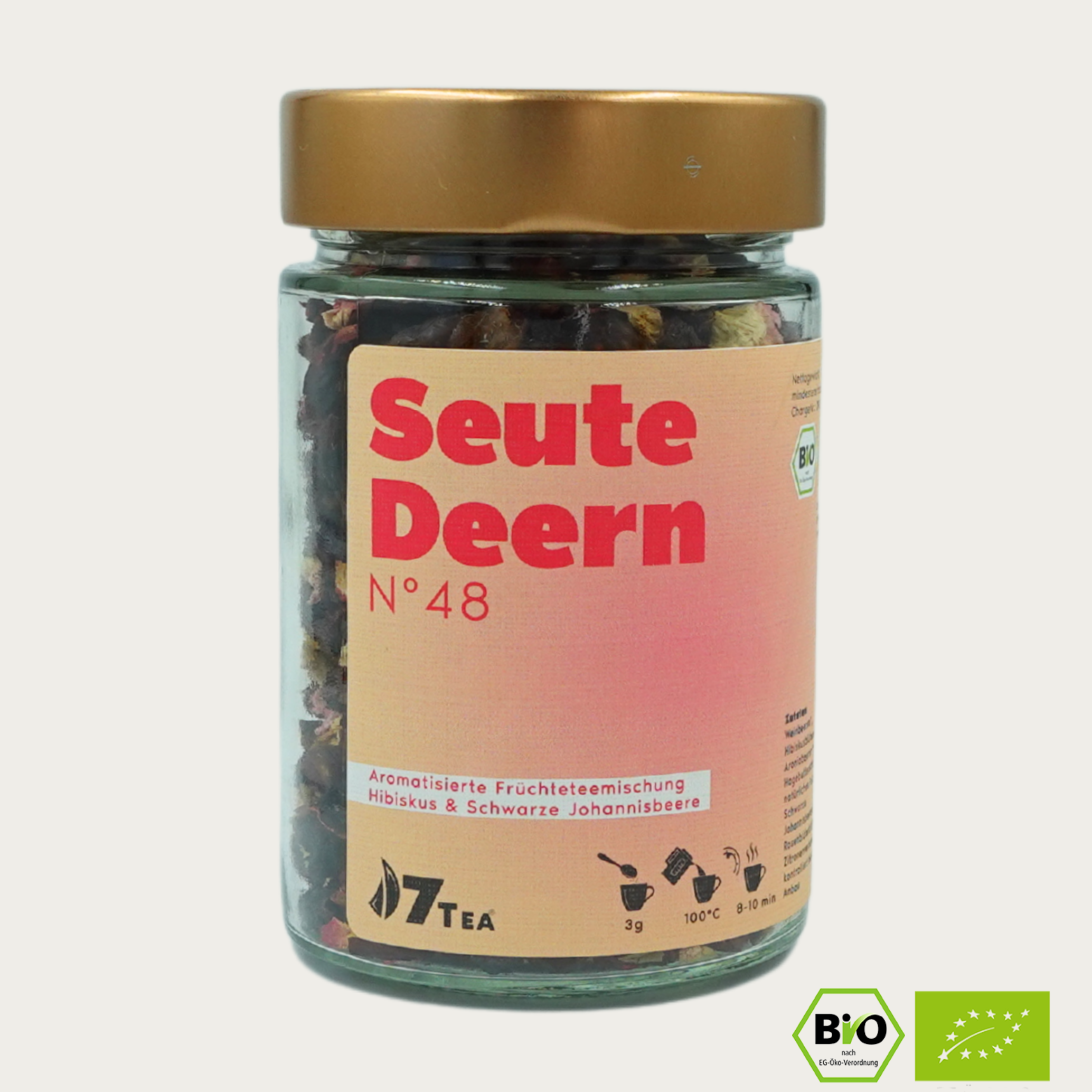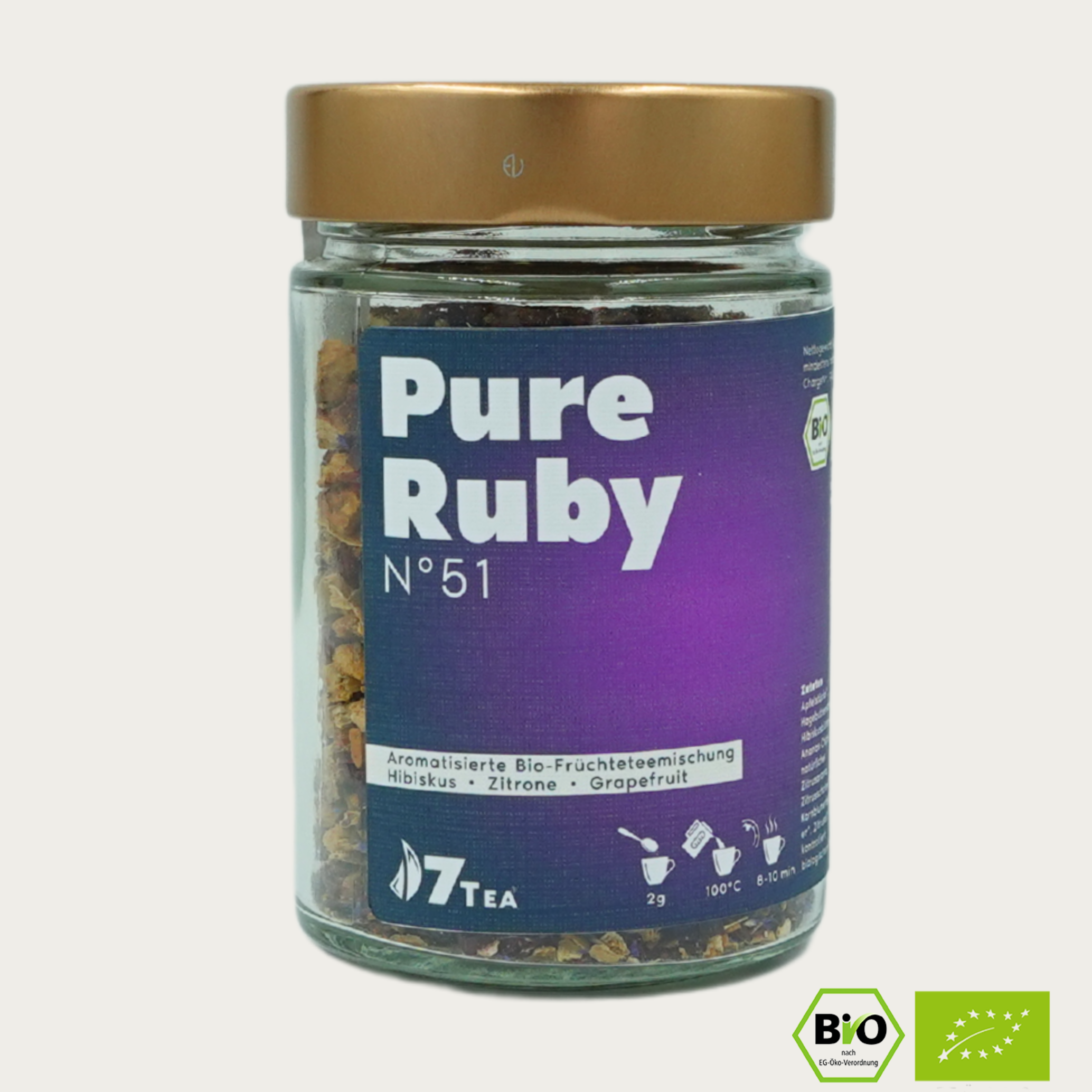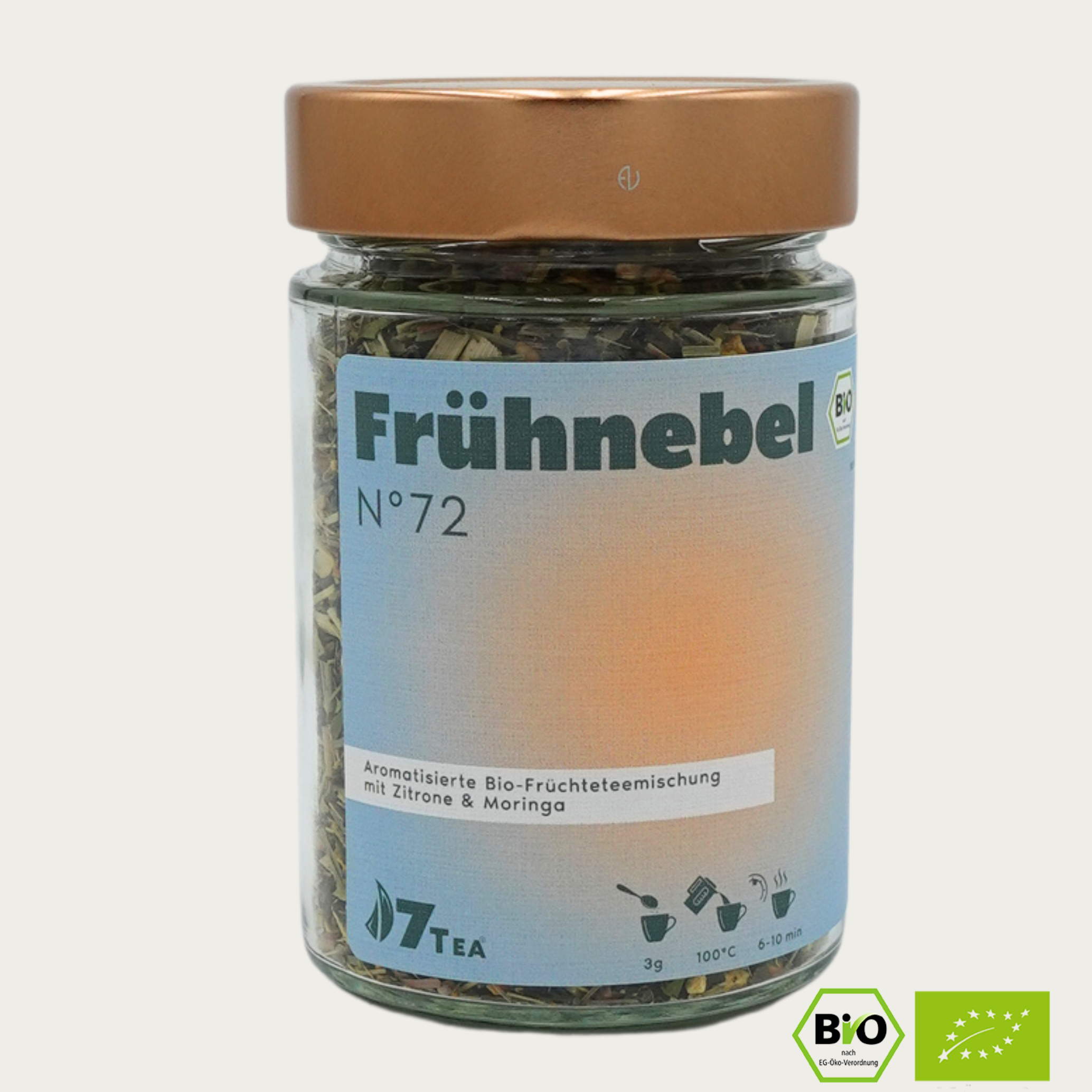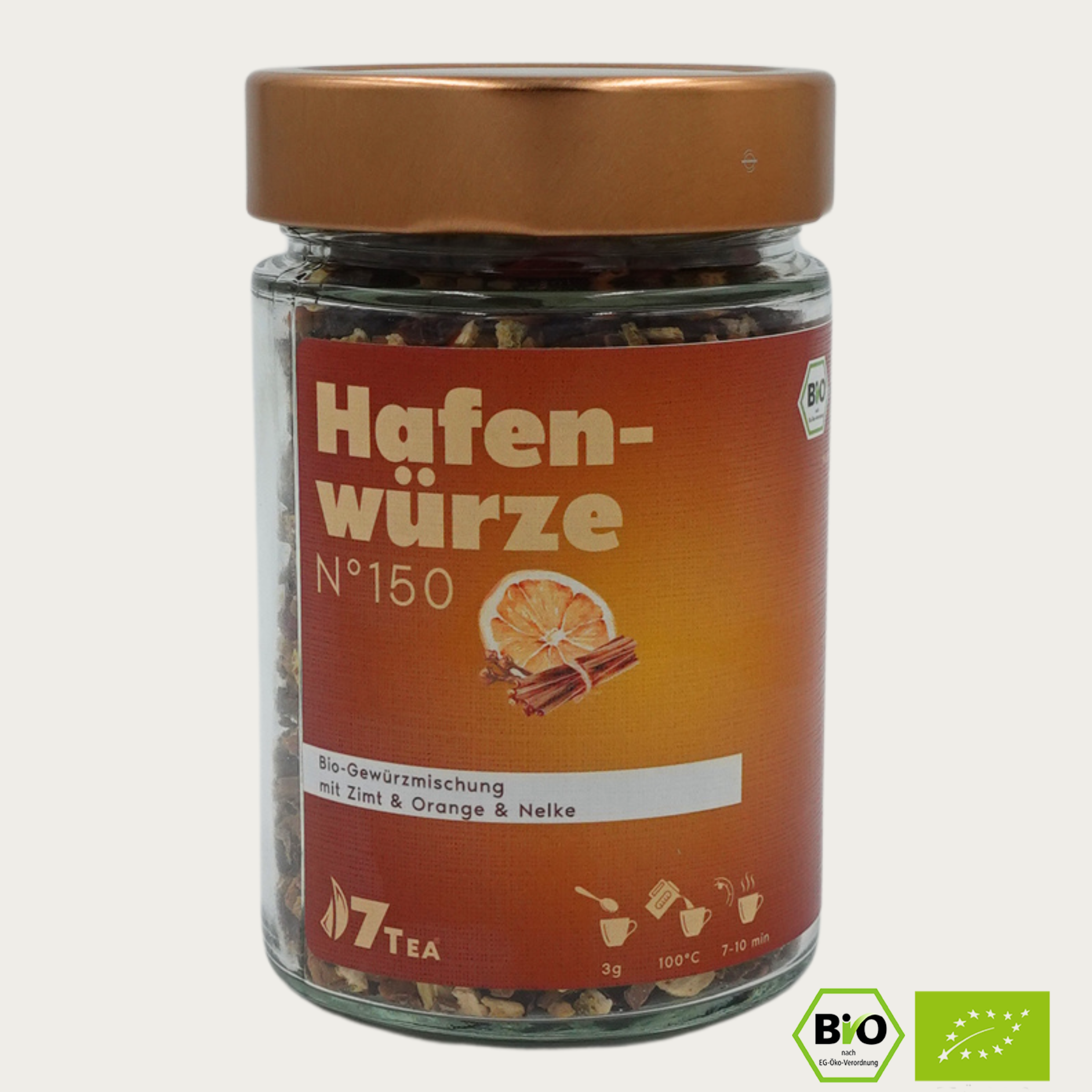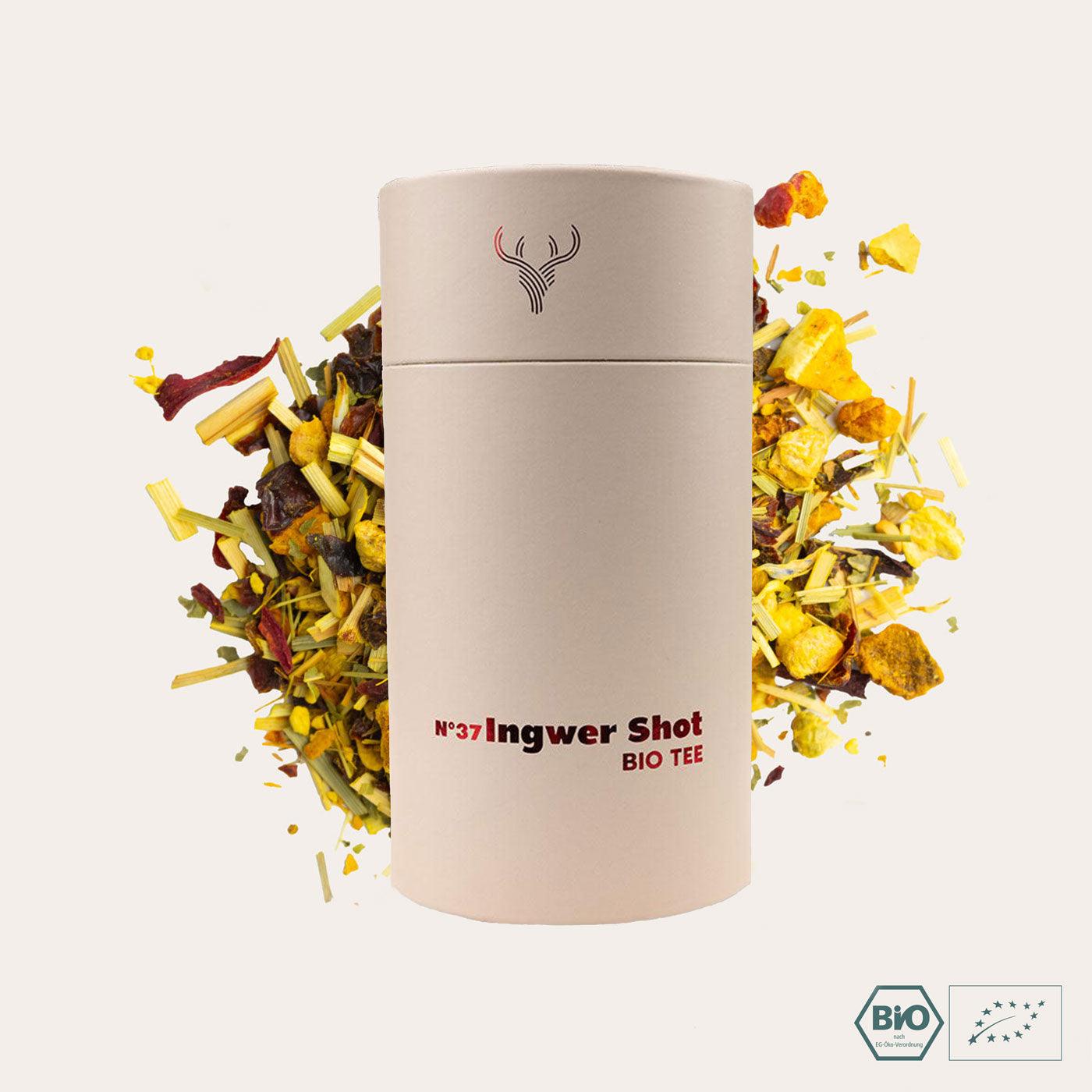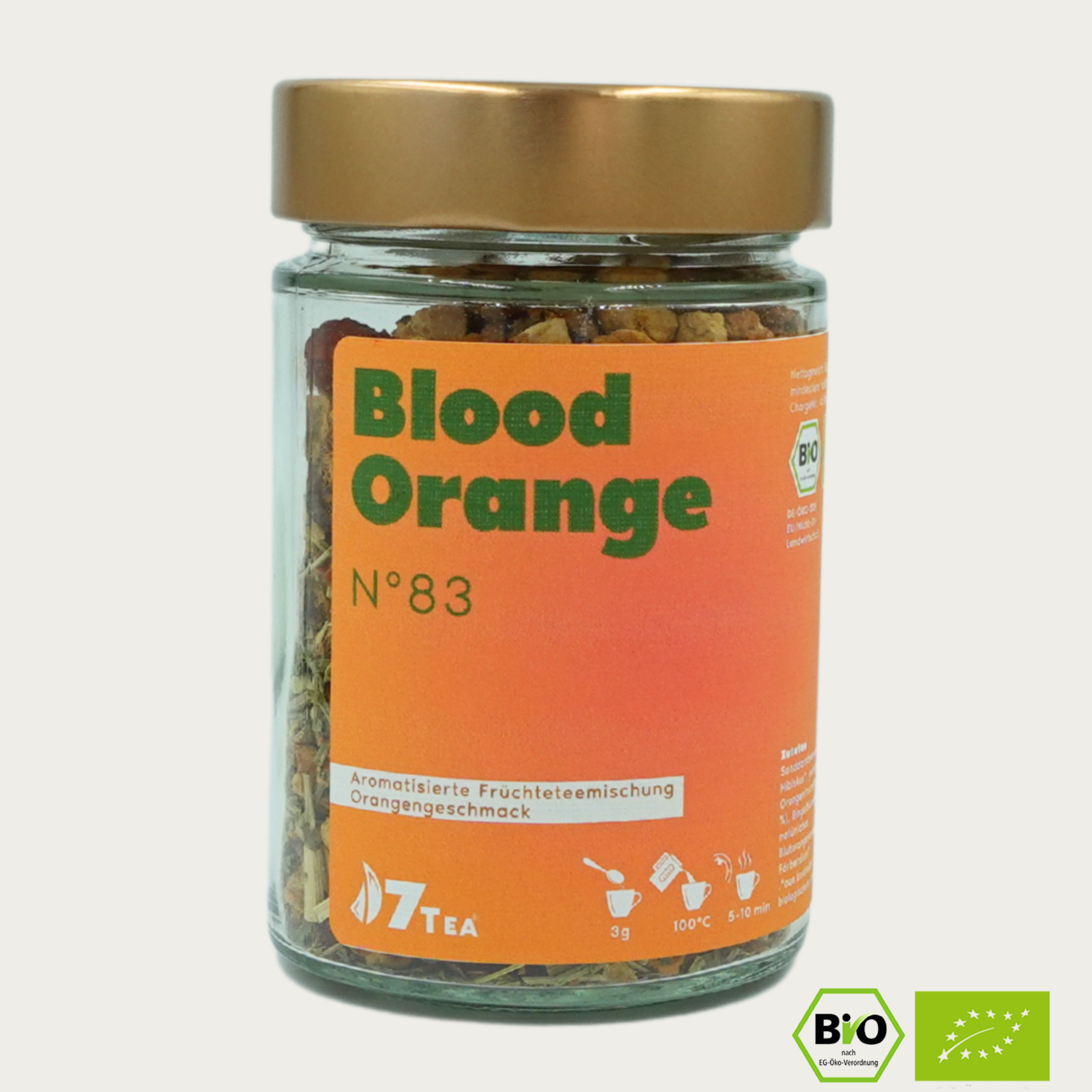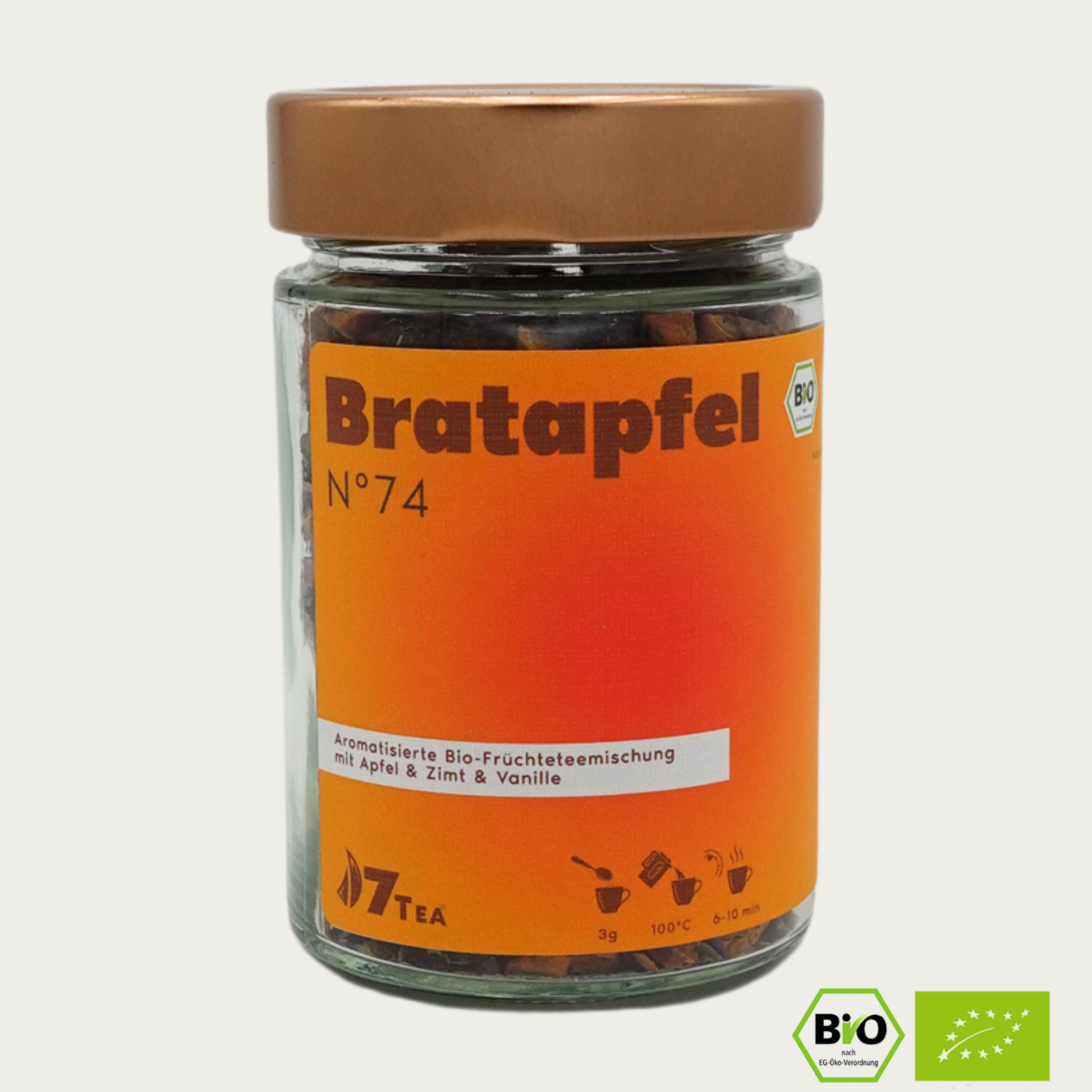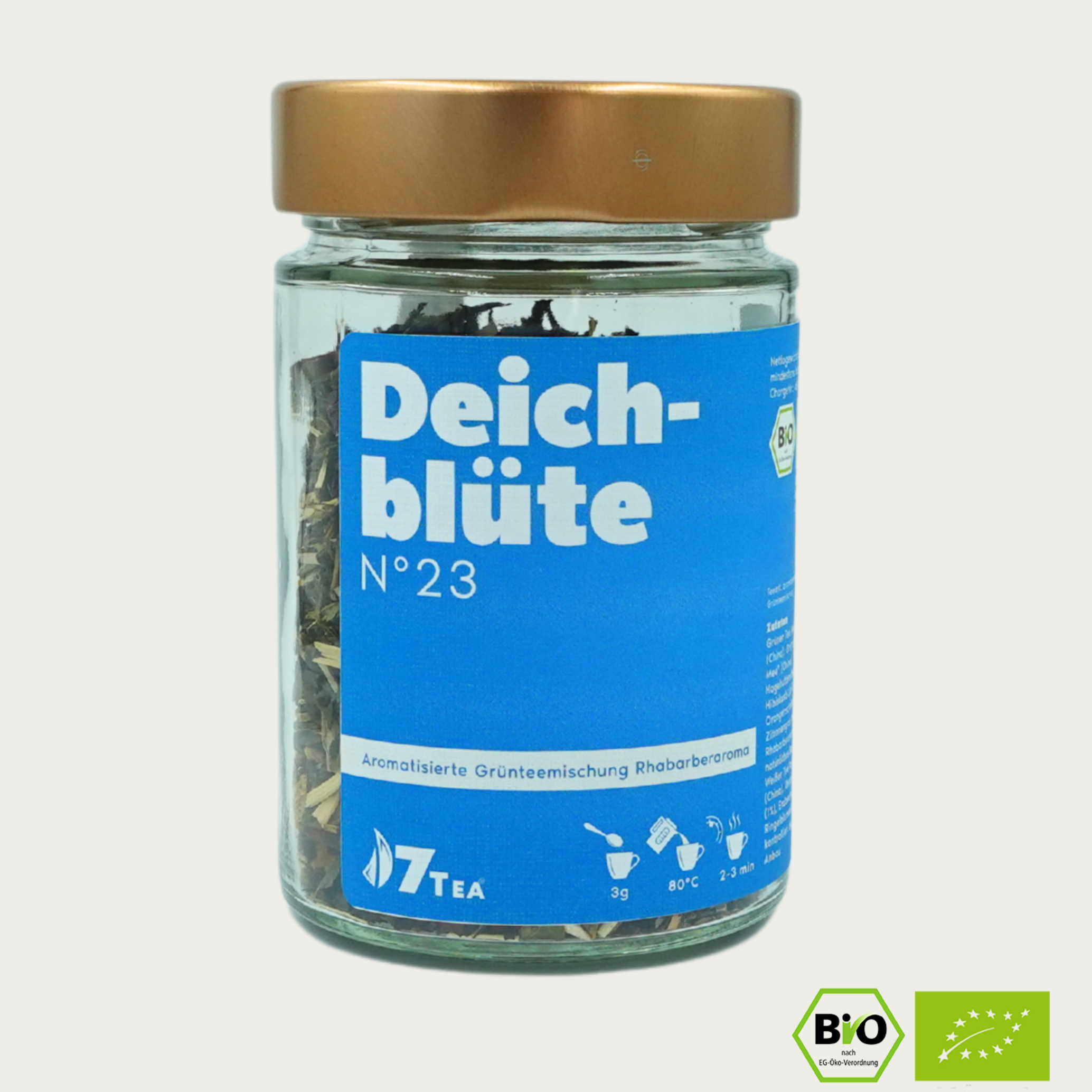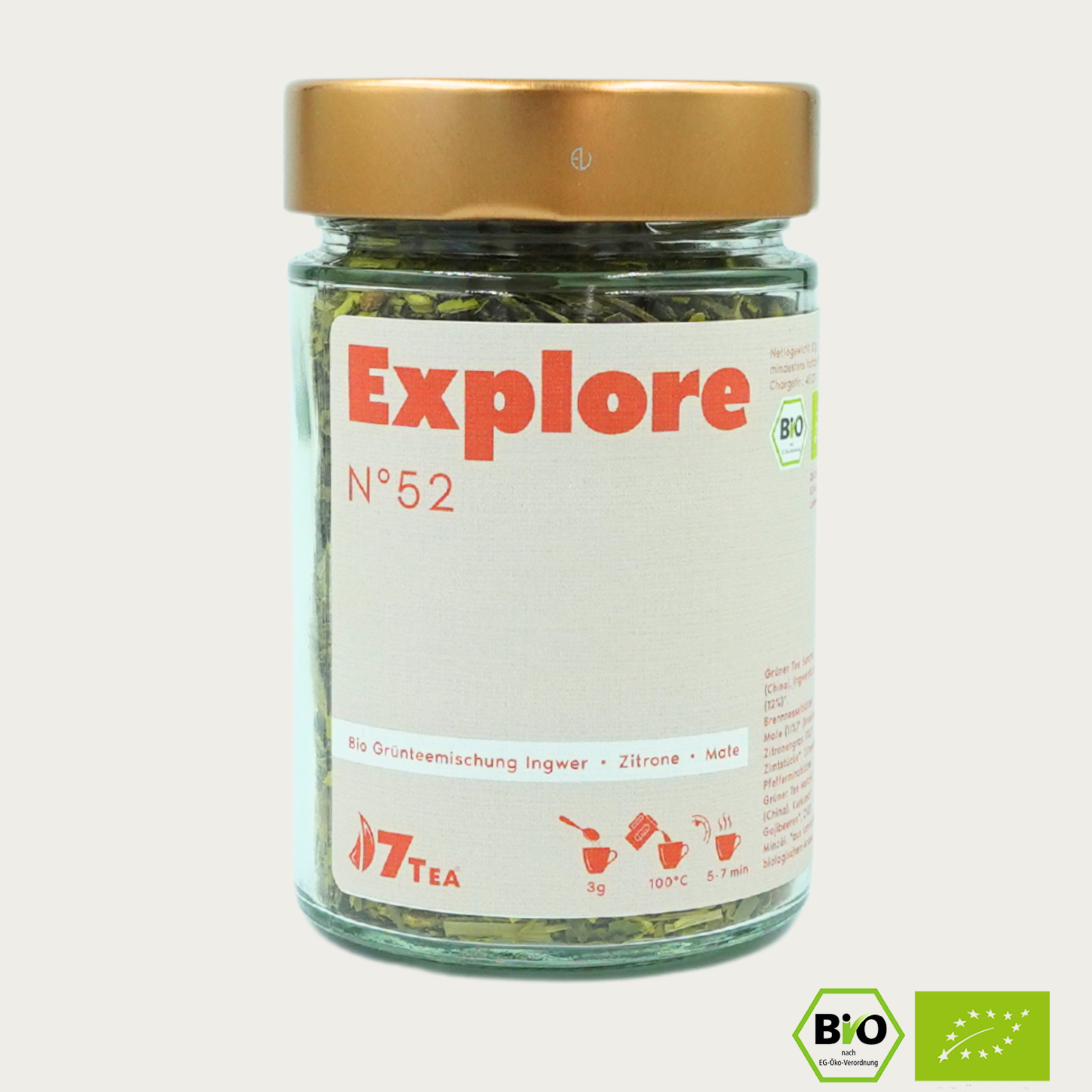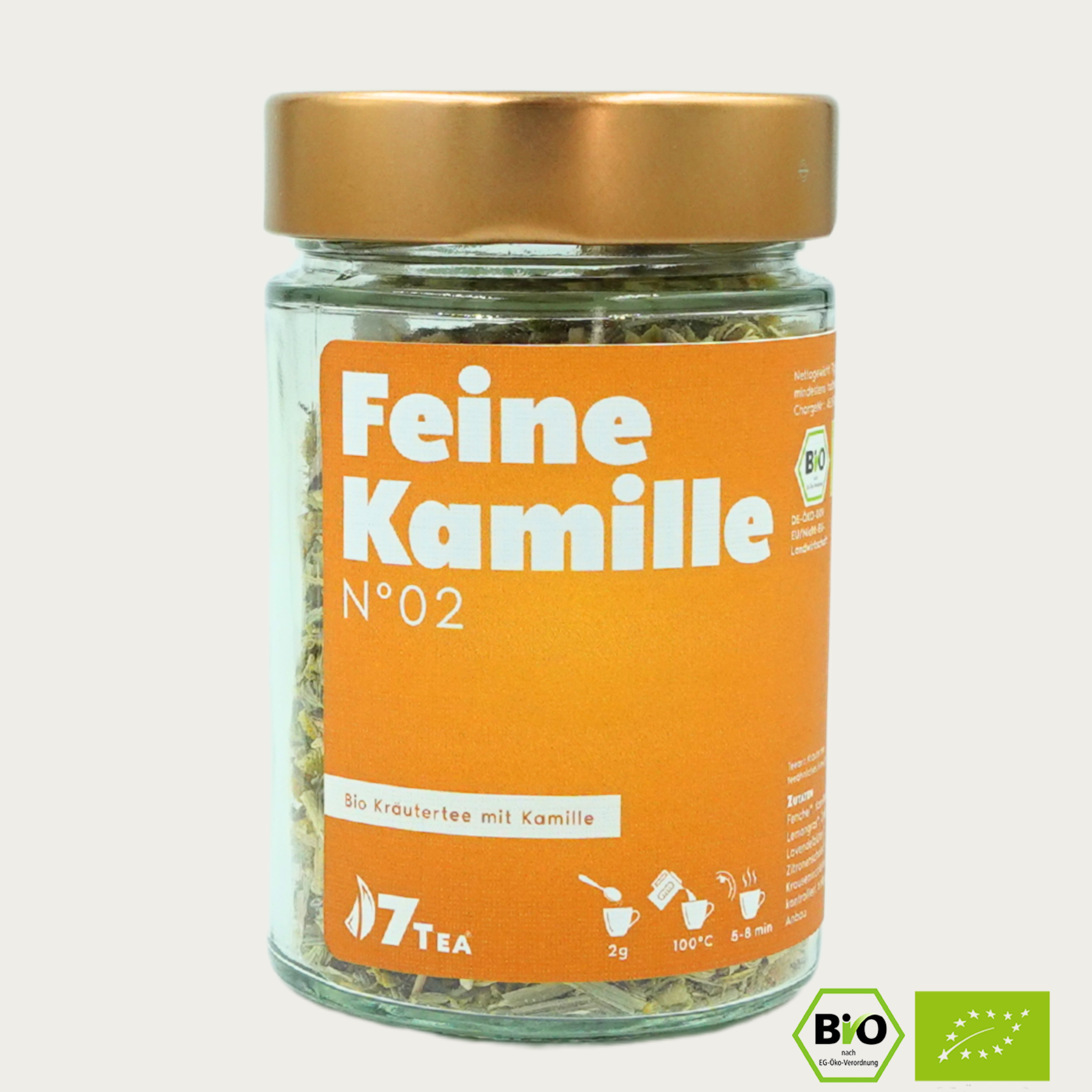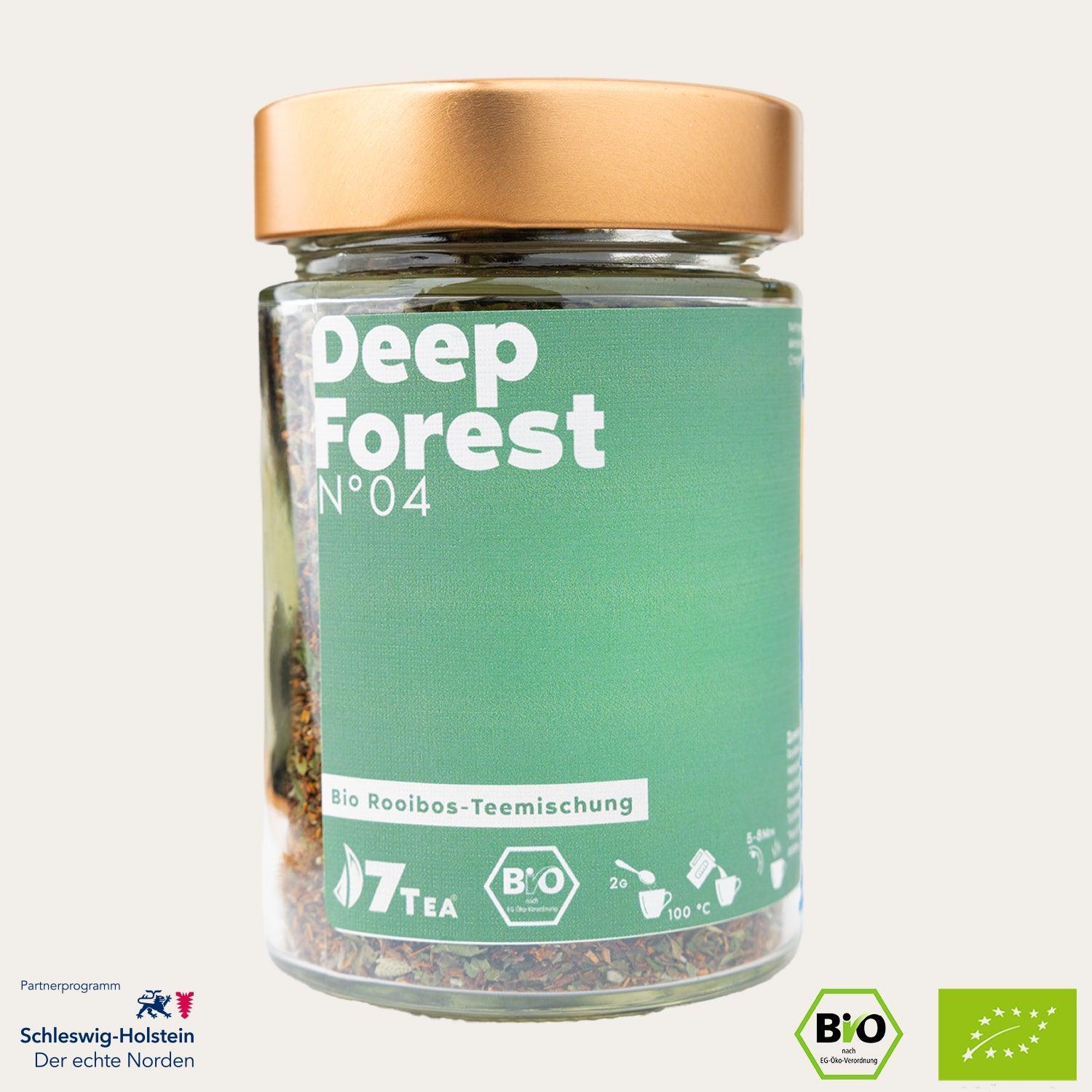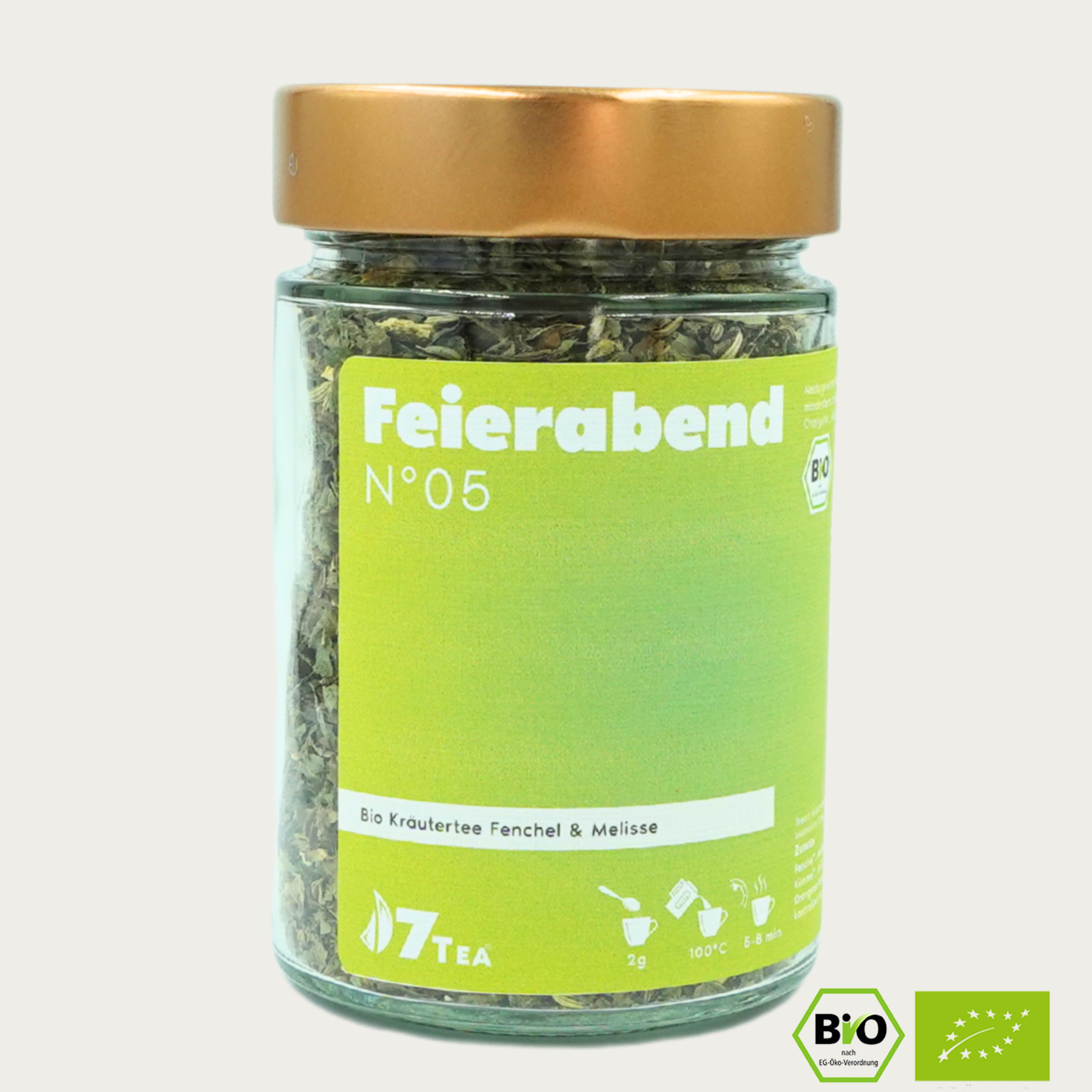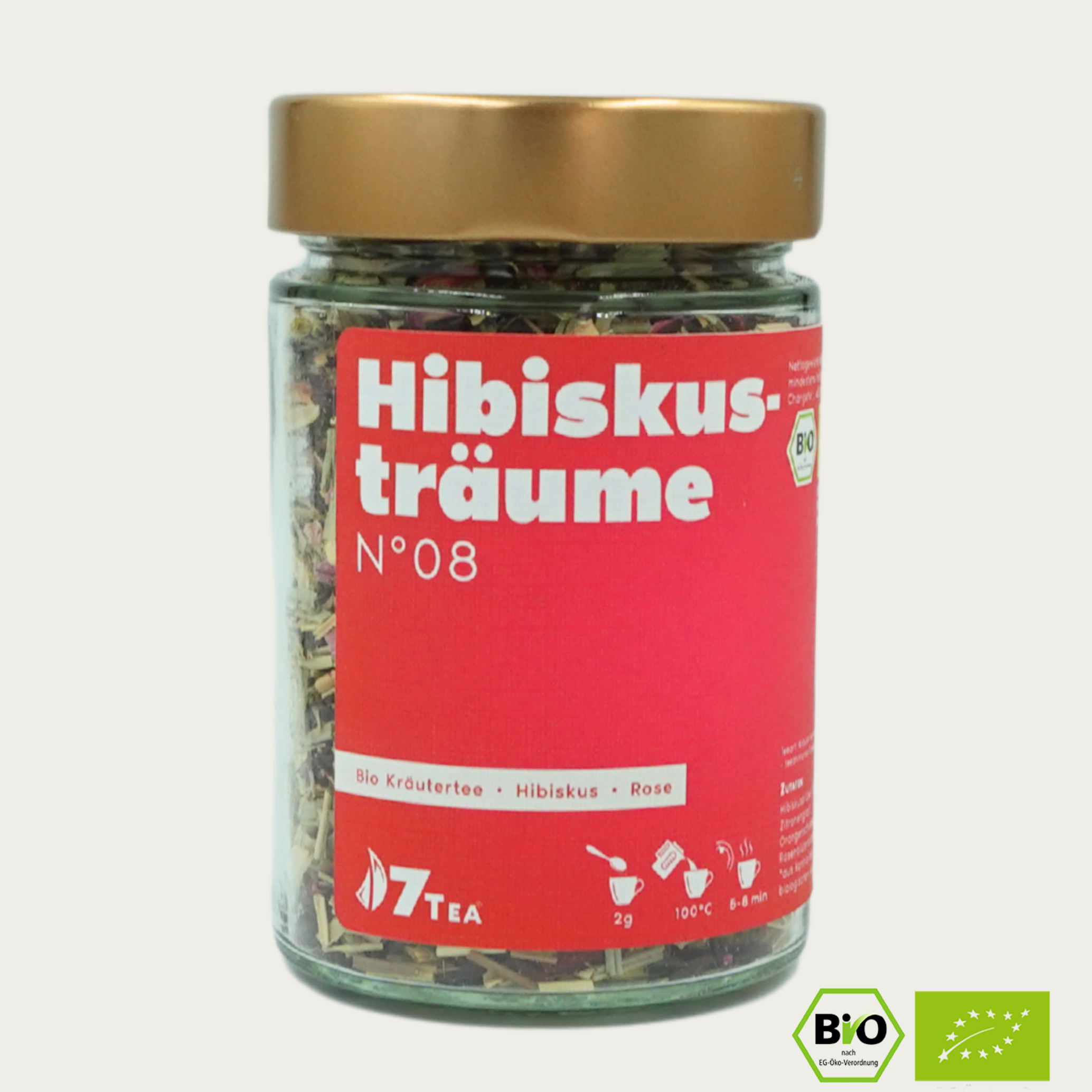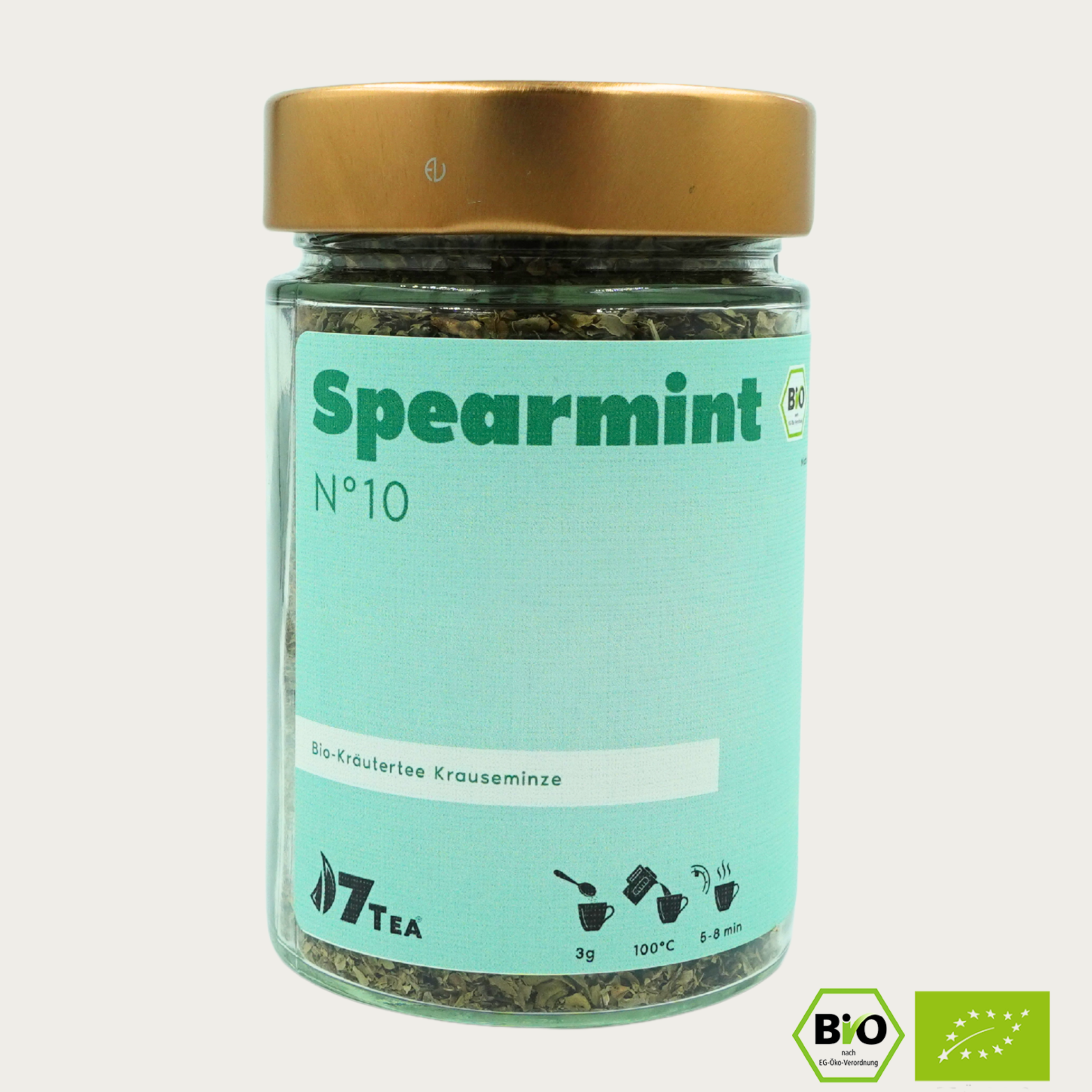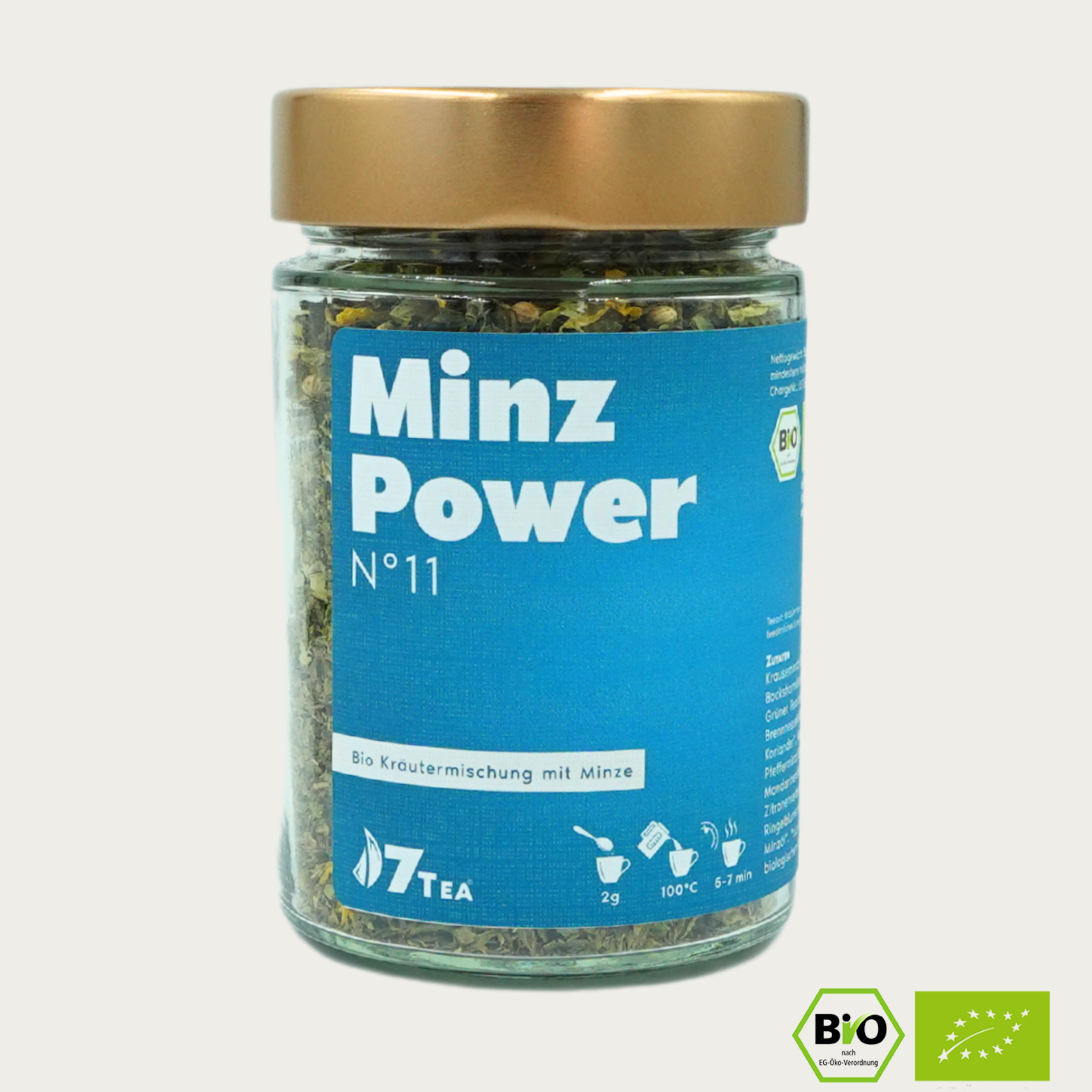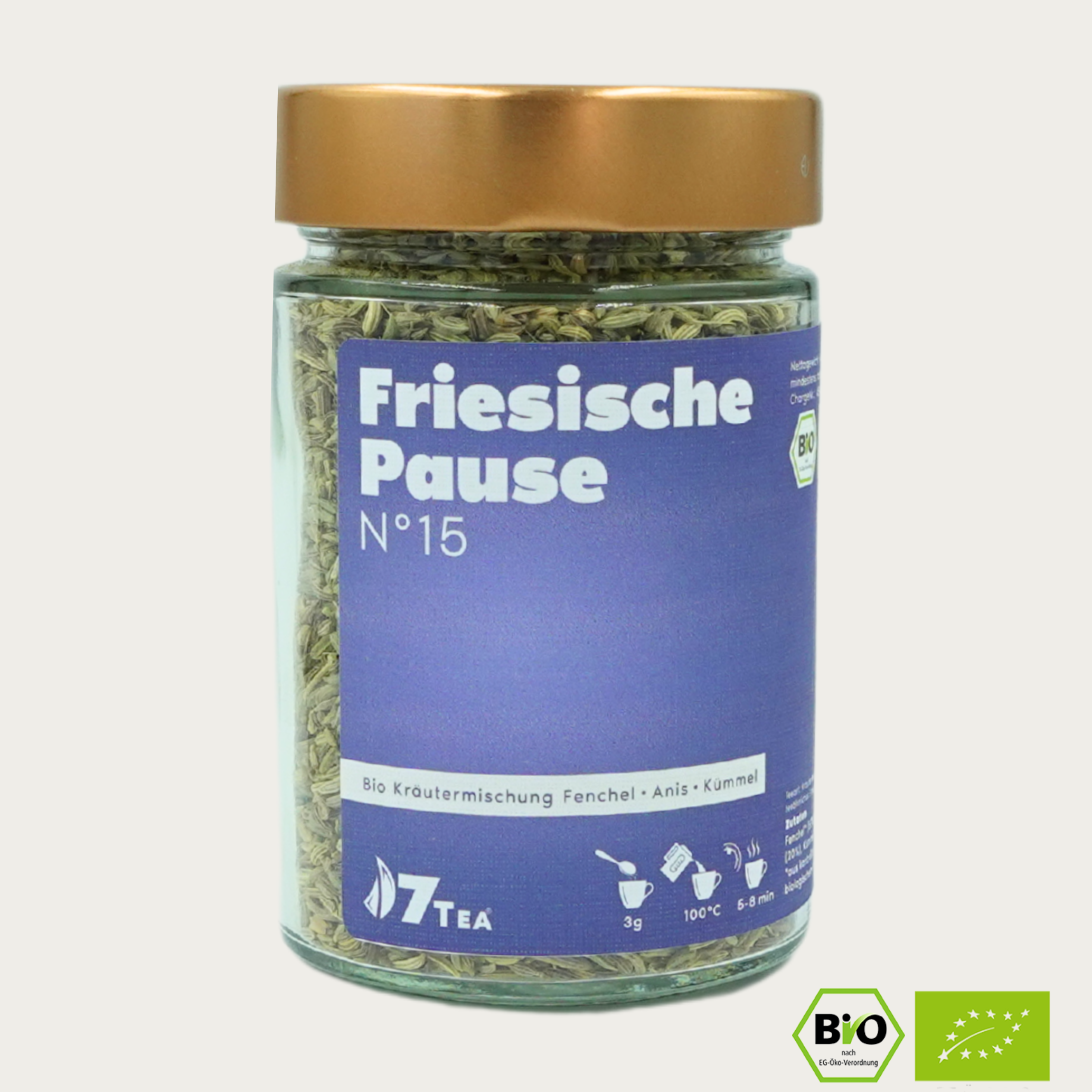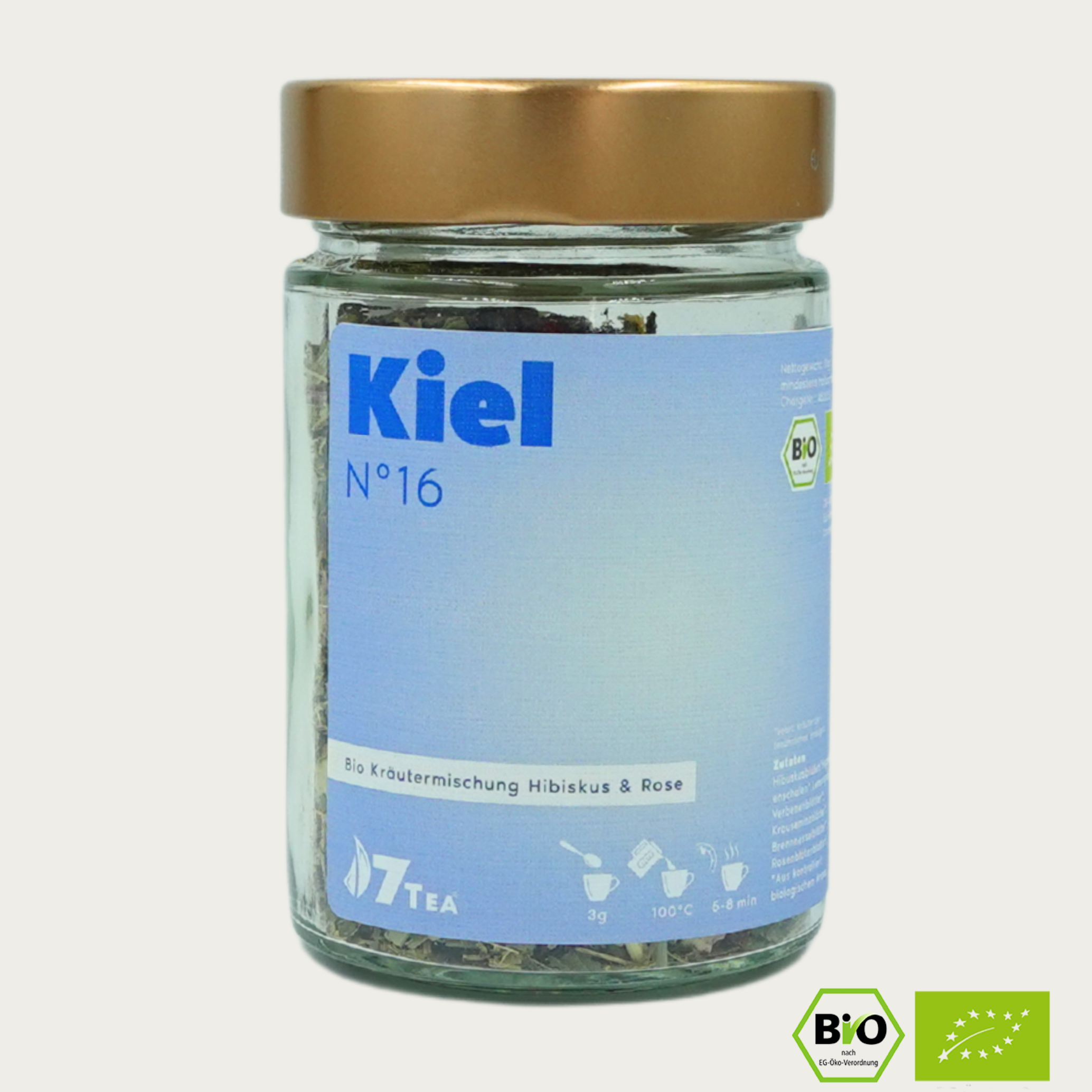Caffeine in tea: understanding and effects on the body
Table of contents:
- Introduction
- Caffeine content in different types of tea
- How caffeine works in the body
- Health benefits and possible risks
- Tips for tea consumption
- Final Thoughts
Introduction
Tea is one of the most popular beverages worldwide, and its caffeine content is often a point of discussion for the health-conscious. This blog provides a detailed look at the caffeine content of different types of tea and its effect on the body.
Caffeine content in different types of tea
- Black tea : Contains an average of about 40-70 mg of caffeine per cup.
- Green tea : Has a caffeine content of around 20-45 mg per cup.
- White Tea : Tends to be lower in caffeine, around 15-30 mg per cup.
- Oolong : Varies between 30-50 mg of caffeine per cup.
The amount of caffeine in tea can vary depending on how it is grown, processed and prepared.
How caffeine works in the body
Caffeine is a stimulant that affects the central nervous system, which can lead to increased alertness and concentration. It also affects other parts of the body, such as heart rate and metabolism.
Health benefits and possible risks
Caffeine in tea can provide various health benefits such as improving cognitive functions and boosting metabolism. However, excessive consumption can lead to side effects such as insomnia, nervousness and palpitations.
Tips for tea consumption
For those who are sensitive to caffeine, it is advisable to moderate tea consumption or choose low-caffeine or caffeine-free alternatives.
Final Thoughts
Knowing the caffeine content in tea and its effect on the body can help you enjoy tea in a way that is both enjoyable and beneficial to your health.


